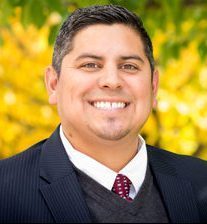Time 3:00-3:50
Spanish heritage speakers as preservice K-12 teachers: The challenges ahead (For k-12 Educators, Administrators and Staff)
Presenter: Miguel Á. Novella G. PhD, Professor, Eastern Washington University
Room: PUB 323 (40 minutes and 10 minutes for Q&A)
In the United States, the demographics of classroom teachers do not match those of the student body. Latino/a students represent the only ethnic/racial group whose numbers have continually increased since 1995. According to the Institute of Education Sciences (2017), Latinos/as constituted 13.5% of students enrolled in 1995, rising to 27.3% by 2018. According to projections, by 2025 these students will constitute 28.5% of the student population. The percentage of college and university students who identify as Latino/a has also grown from 8% in 1996 to 19.1% in 2016 (Bauman, 2017). In contrast, for the academic year 2015-16, only 8.8% of K-12 teachers and 2% of college instructors self-identified as Latino/as. This mismatch is problematic given that the benefits of the racial and linguistic diversification of the teacher workforce have been well documented.
The results of this qualitative case study explore the beliefs and attitudes of a group of Latino/a immigrant students from different backgrounds enrolled at Eastern Washington University. The main purpose is to describe their motivation to become world language teachers as well as comprehend their development as teachers of Spanish through their academic programs and student teaching experiences.
Analysis of data from interviews focus groups, and classroom observations have revealed specific needs for the participants. The findings from this study shed light on issues that world language programs and colleges with a large population of bilingual speakers need to address in order to better serve this population and increase racial diversity in the teacher workforce.
After this session, participants will be able to:
- Understand the challenges that bilingual speakers (Spanish/English) face when they pursue a career as K-12 world language teachers.
- Know the motivations of Spanish heritage speakers as they pursue a K-12 teaching career.
- Understand some of the challenges that institutions need to address in order to better serve this population.
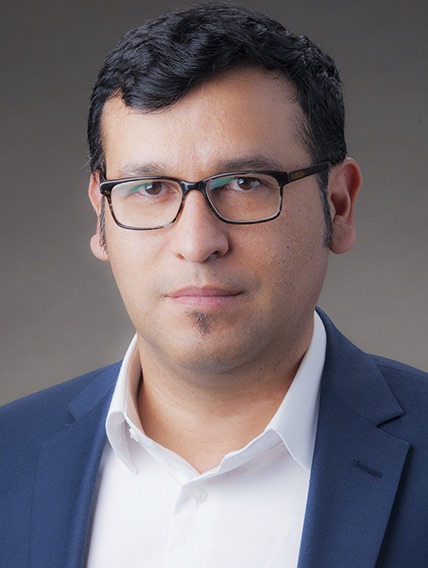
Using Cultural Humility as a Guide for Supporting Latinx Students (For Faculty)
Presenter: Gina Petrie, PhD, Associate Professor, Modern Languages and Literatures; Martín Meráz García, PhD, Interm Director Eastern Washington University
Room: PUB 319 (40 minutes and 10 minutes for Q&A)
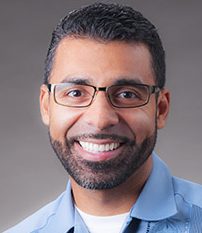
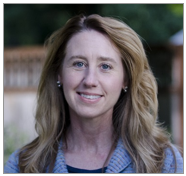
A commitment to creating a learning environment that supports and builds on the resources of Latinx and all students calls for more than cultural competency. This workshop will begin with an overview of cultural humility—cultural competence 2.0—which can act as a guide to help us listen, communicate, and respond in ways that are respectful of our students’ many perspectives. The facilitators will then provide cases for small groups to analyze and discuss. The workshop will end with a final discussion of cultural humility’s potential for creating positive learning environments.
After this session, participants will be able to:
- Explain how cultural humility leads to respectful communication.
- Apply cultural humility to learning environment cases.
Consejos for Diverse Leaders in Predominantly White Institutions (For Faculty and Administrators)
Presenters: Rodolfo Arévalo, EWU President Emeritus PhD; Jim Perez, PhD, Retired; Christina Torres García, PhD, Eastern Washington University; Tomas Ybarra, MPA, Yakima Valley Community college
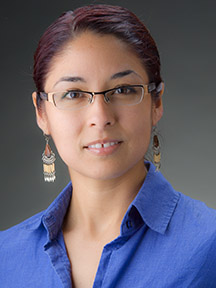
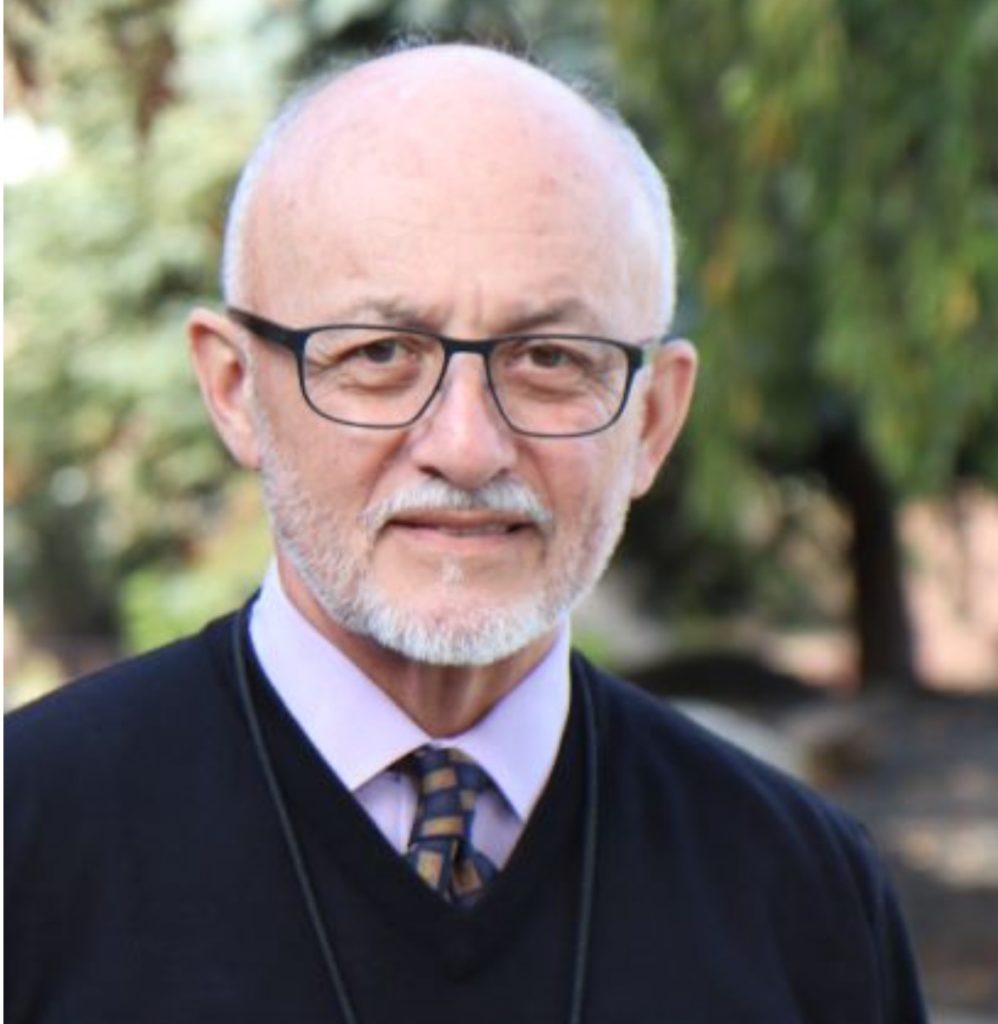
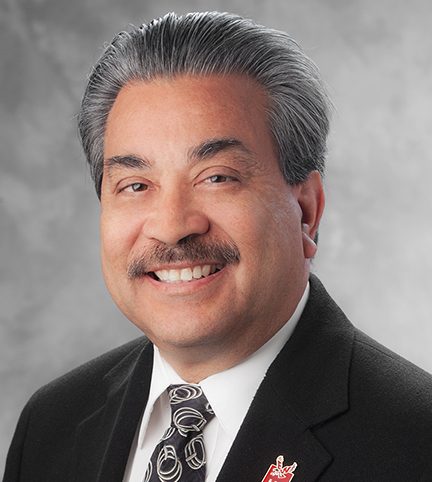
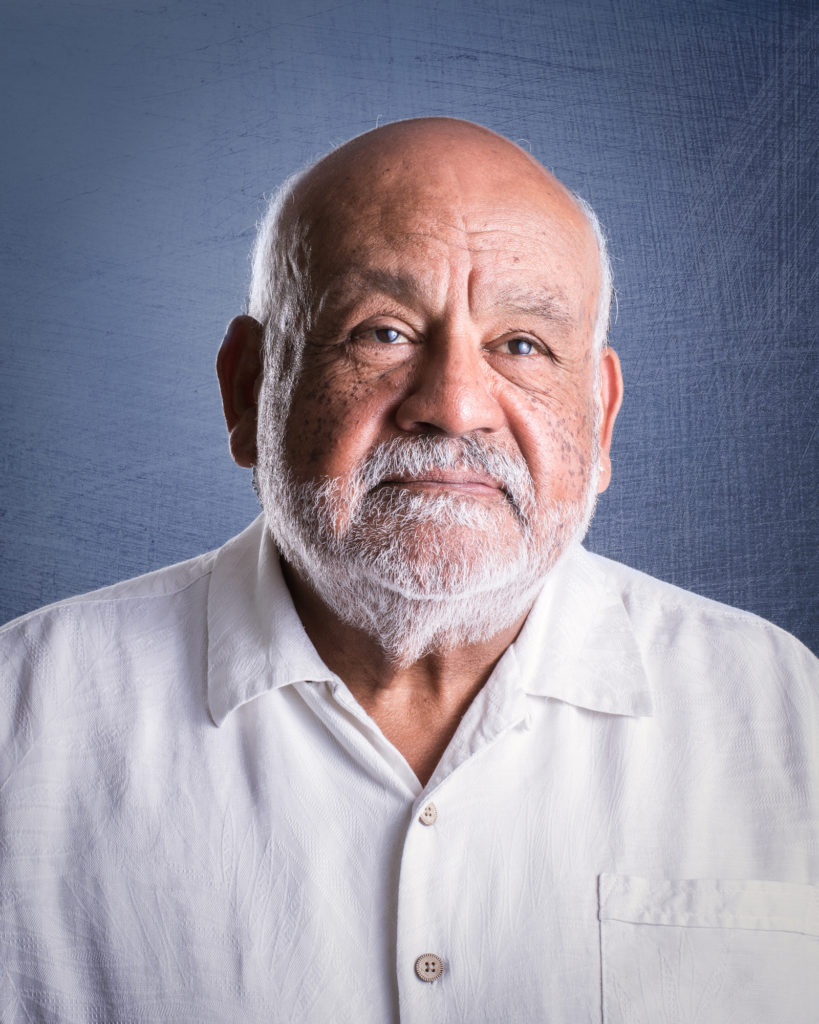
This panel will focus on high impact and best practices; organizational strategies, and the implementation of policy for successful Hispanic Serving Institution (HSI).
Additionally, this panel will discuss successful strategies for Hispanic/diverse professionals who want to move up through the higher education bureaucracy. Finally, the panelist will share insights on how to develop support systems including community networks, enact change via their decision making both in the institution and in the communities they serve.
After this session, participants will be able to:
- Understand the implementation of some best practices around the state to assist Latinx students
- The modification and implementation of institutional policies for successful Hispanic Serving Institutions
- successful strategies for diverse professionals development
Escaleras – Lifting up our people to reach new heights in post-secondary education (For Faculty, Administrators, Students, and Community Partners)
Presenter: David H Garcia, M.Ed. Assistant Dean for Pathway Program and Inclusion, Washington State University
Room: PAT 328 (40 minutes and 10 minutes for Q&A)
During this session, the presenter will engage in the audience in reciprocal teaching/learning to create knowledge as a collective. The focus will be on leveraging what has been learned in through professional, personal, collective, and ancestral experiences. Together we will explore possibilities for collaboration, advocacy, and action.
After this session, participants will be able to:
- Name resources to promote collaboration, advocacy, and action.
- Identify framework for creating change within higher education.
- Be affirmed and affirm others sharing Latina/o/x identities.
